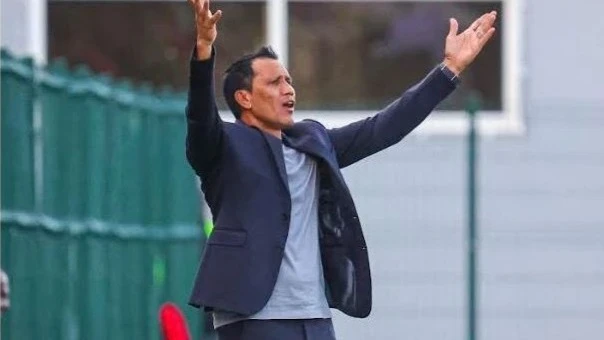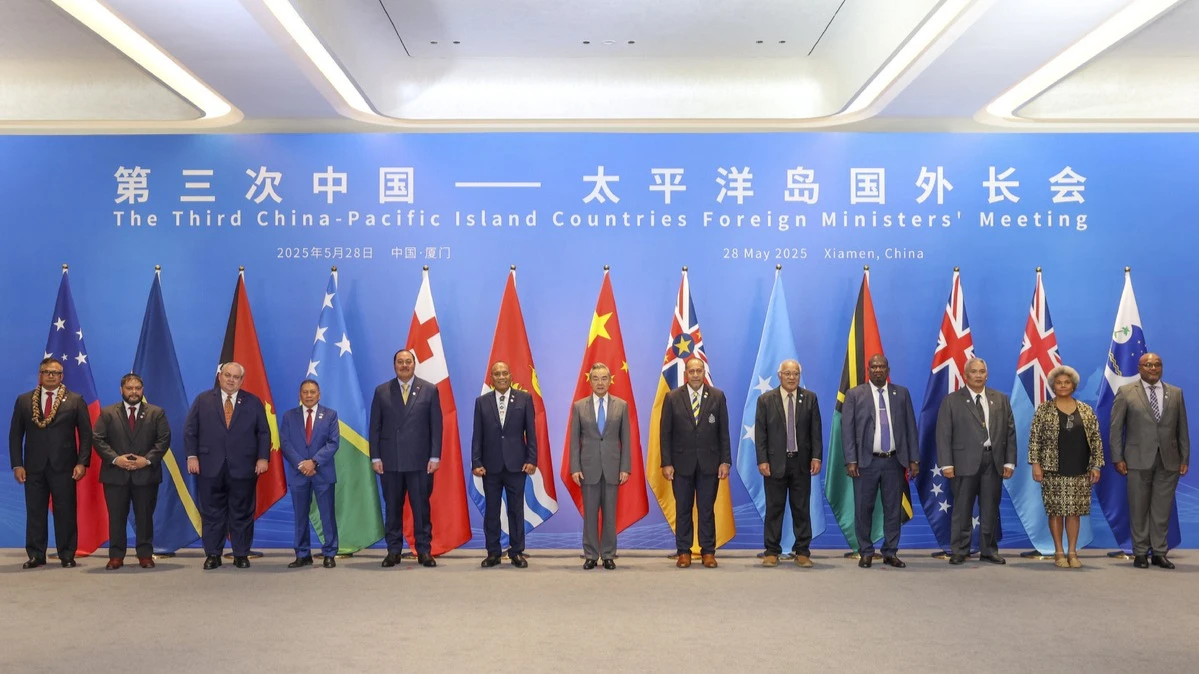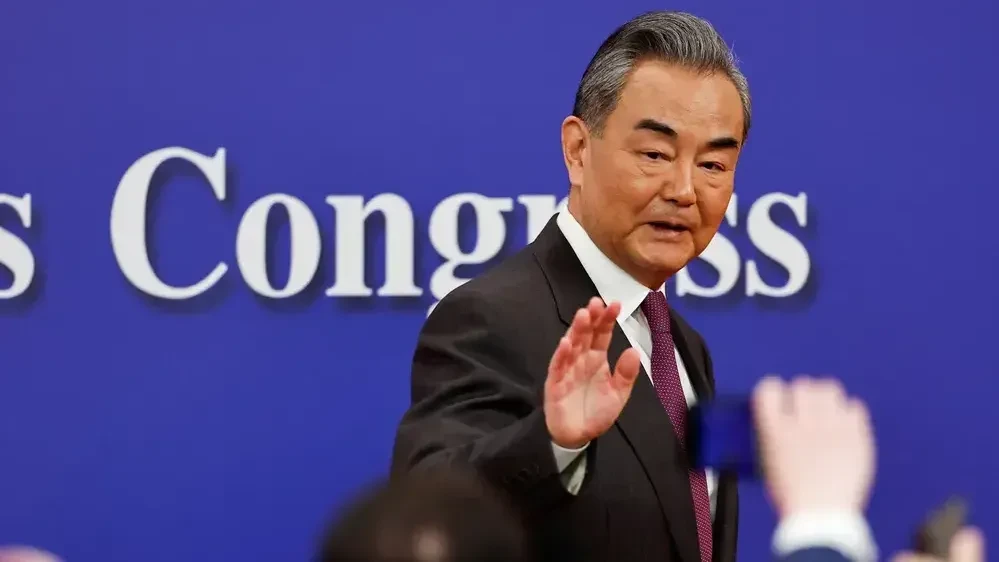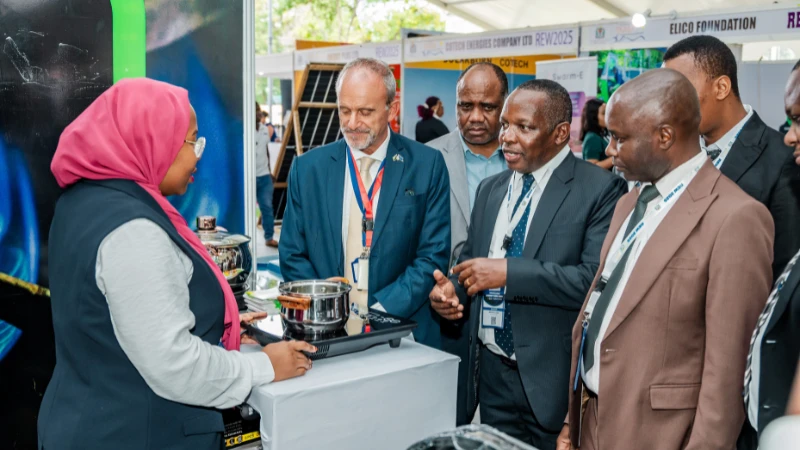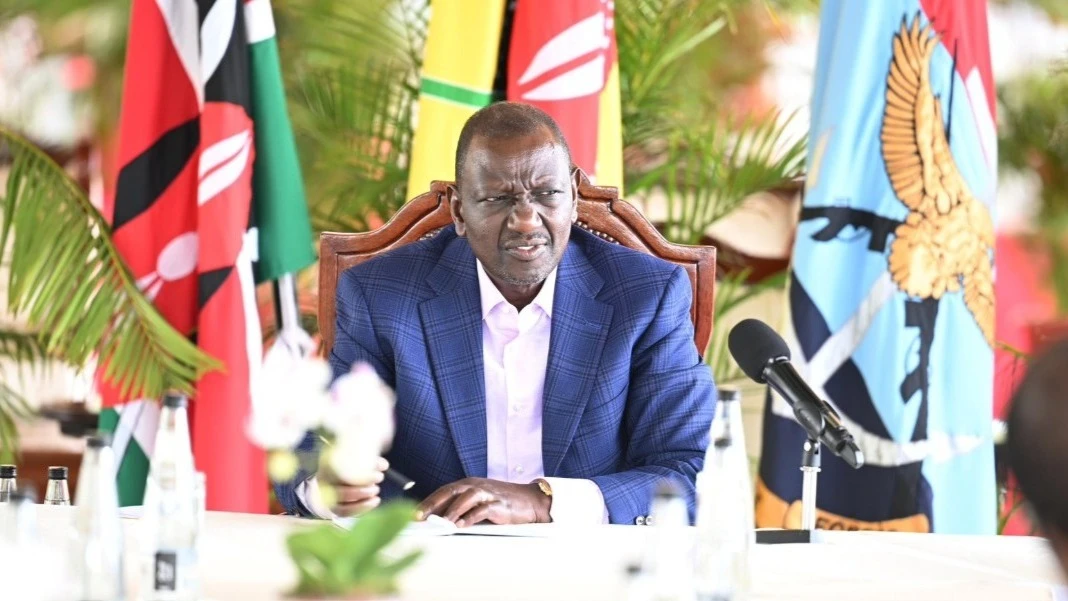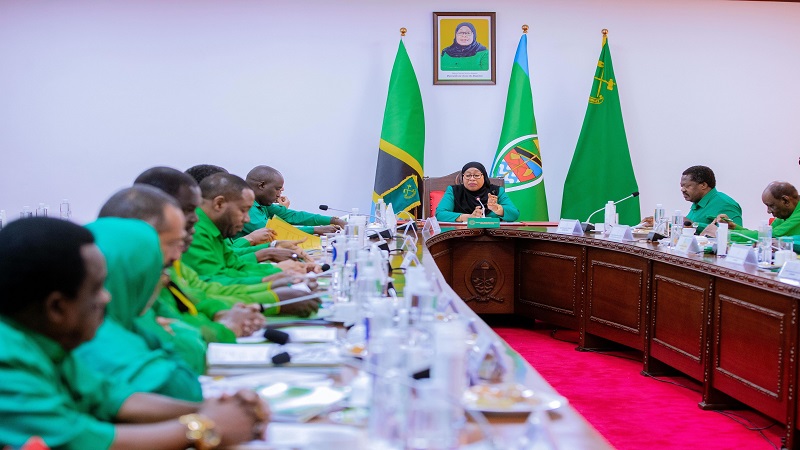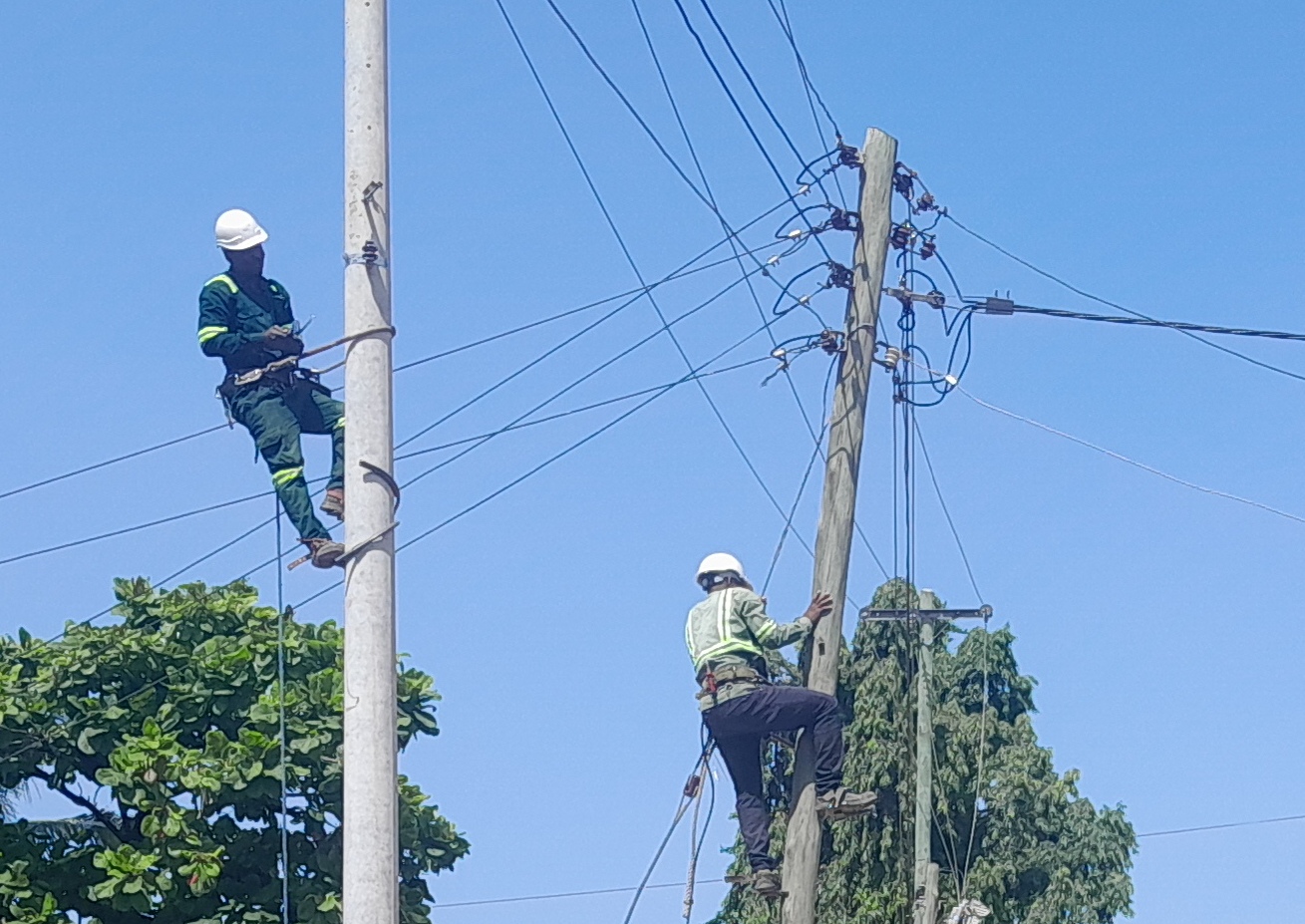Mbeki calls for skilled human capital in Africa
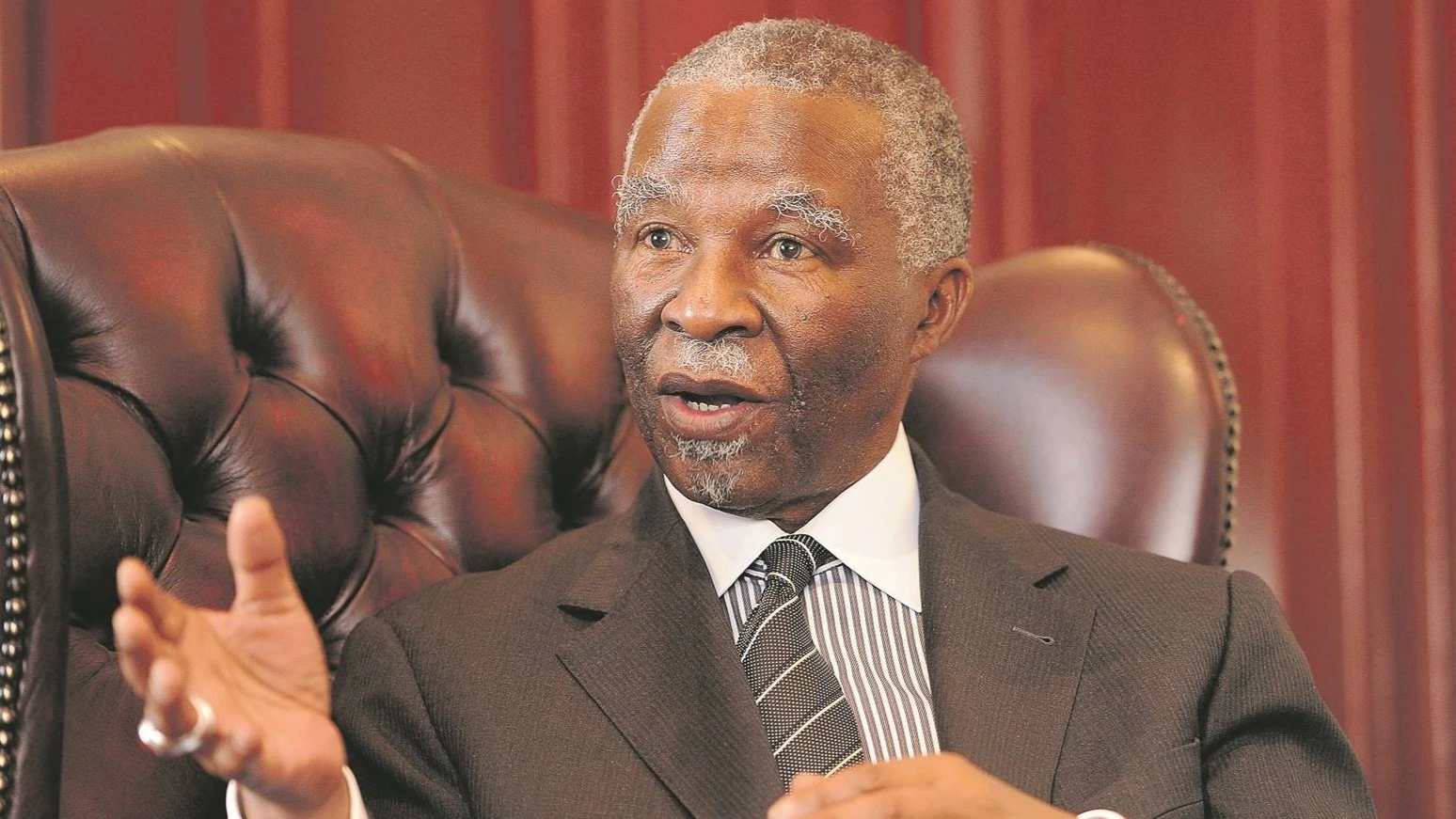
Former South African President Thabo Mbeki has called on African nations to invest in the development of high-quality, homegrown skills as the foundation for the continent’s sustainable economic transformation. Speaking during the Thabo Mbeki Africa Day Lecture held at the Julius Nyerere International Convention Centre (JNICC) in Dar es Salaam.
“It is important that the continent produces skills that will help grow its economy,” Mbeki stated. “Africa has the capacity and the intellectuals needed to address its challenges—we must invest in developing them.”
The annual lecture, convened by the Thabo Mbeki Foundation and supported by AngloGold Ashanti, drew prominent leaders, scholars, diplomats, and delegates from across the continent to reflect on Africa’s development trajectory and future prospects.
Mbeki reaffirmed the Pan-African mission of his foundation: “This is an African foundation—not a South African one. One of the first things we did was to establish an African Leadership School to develop cadres who are knowledgeable about African policies and ready to act on them.”
He stressed the importance of preparing a new generation of leaders to implement African Union (AU) decisions and drive transformative change rooted in Africa’s own priorities.
Mbeki also extended his gratitude to President Samia Suluhu Hassan for allowing the forum being held in the country, reiterating the foundation's commitment to developing future-oriented African leadership.
“With the right leadership, skills, and unity, Africa can become the architect of its own destiny,” Mbeki affirmed.
Echoing Mbeki’s message of self-reliance, Foreign Affairs Minister Mr. Mahmoud Thabit Kombo called for genuine African unity, warning that current levels of regional integration fall far short of expectations.
“We talk too much, theoretically, about unity and freedom, but we are still disconnected,” said Kombo. He recounted a recent state visit to Angola, during which he had to transit through multiple countries just to reach Luanda—underscoring the lack of intra-African connectivity. “This shows we are far from being truly united.”
Speaking during their joint panel discussion, leading African intellectuals Prof. Issa Shivji, Jenerali Ulimwengu and Prof. Palamagamba Kabudi who is also the Minister for Information, Culture, Arts and Sports, reinforced the day’s central themes of self-reliance, youth empowerment, regional business and the need to reclaim Africa’s intellectual space.
Prof. Shivji remarked, “We are less self-reliant than we were when we first gained independence.” He emphasized the strategic need to invest in health and biotechnology, support youth and students, and strengthen monitoring and evaluation systems to ensure accountability in governance and policy implementation.
Veteran journalist Jenerali Ulimwengu spoke on among other issues, his concern on some leaders who are not truly committed for their countries’ development.
“Africa doesn’t progress because of some selfish leaders who plunder resources and respond with anger to criticism. In some African countries, we have rulers—not leaders—bringing us back to the colonial era.”
“We may have gained independence, but not true freedom,” he added. “We must reclaim Africa’s intellectual space and promote leadership from within—not through imposed models.”
Professor Kabudi also highlighted on among other issues, the urgent need for peace and stability across the continent, warning that ongoing conflicts like what is happening in Congo DRC continue to derail development efforts.
He also called for the full implementation of regional trade and business agreements to stimulate intra-African commerce and unlock economic potential.
“Peace and trade are inseparable,” Kabudi said. “To build resilient economies, we must ensure regional agreements are not just signed, but actively implemented,” he said.
Top Headlines
© 2025 IPPMEDIA.COM. ALL RIGHTS RESERVED












